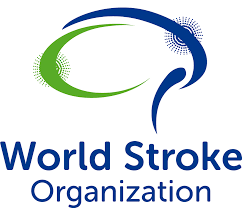
Nov 3, 2017
The 11th World Stroke Congress promises to attract acclaimed experts in stroke from around the world. The congress will showcase a cutting-edge educational and scientific experience, focusing on the latest developments in stroke prevention, acute management and restorative care after stroke.
This major Congress will be returning to North America for the first time in more than 12 years.
Canada has well-developed stroke care systems and has contributed to significant advances in stroke care through efforts in developing guidelines, clinical and health systems research. These efforts are ongoing and increasingly important in the face of an aging population and increased health care demands in Canada and around the world. (more…)

Nov 2, 2017
Researchers at Maastricht University Medical Center and Maastricht University have discovered why the brain is more sensitive to oxygen deprivation, or hypoxia, than other organs. Hypoxia caused by a stroke, for example, activates a specific mechanism that is protective in other organs but can be detrimental to the brain. ‘This discovery solves a long-standing mystery of the unique sensitivity of the brain to hypoxia,’ says head researcher and professor Harald Schmidt. The research results were published today in the leading scientific journal Proceedings of the National Academy of Sciences (PNAS). (more…)
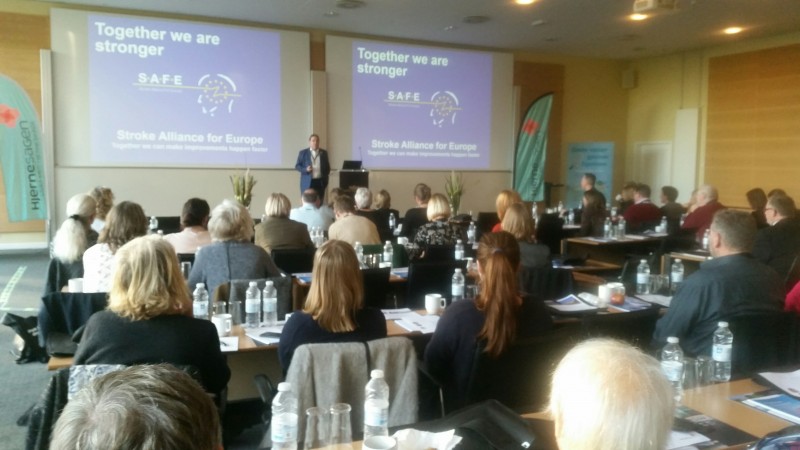
Nov 1, 2017
Research needs to be the platform for action in the decision making and policy sphere- said Jon Barrick, SAFE President at the World Stroke Day event in Denmark, on 30th October 2017.
Please see here the full presentation from this event.

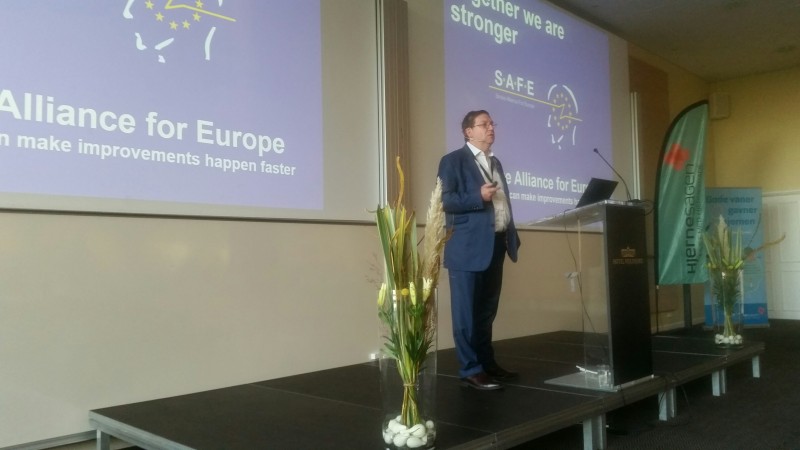
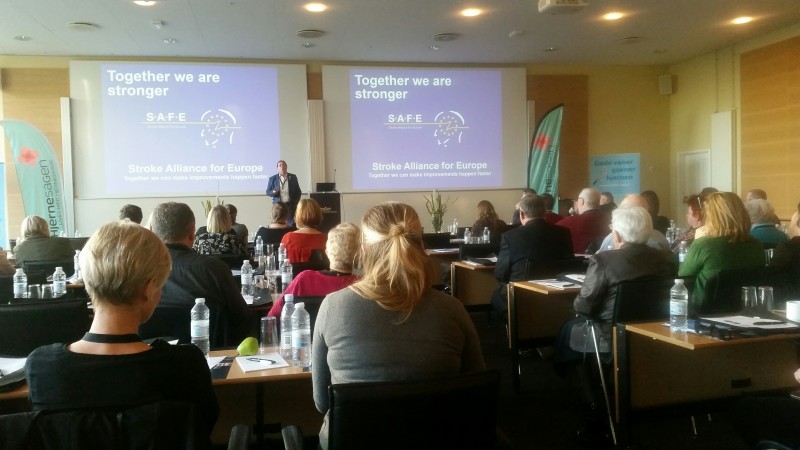
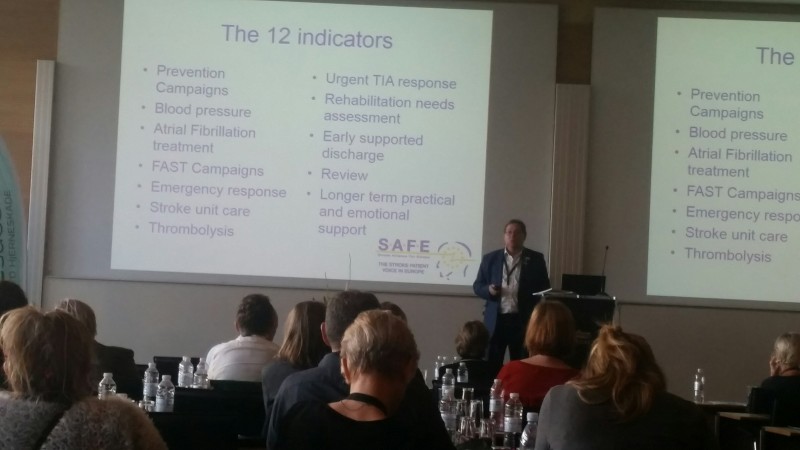
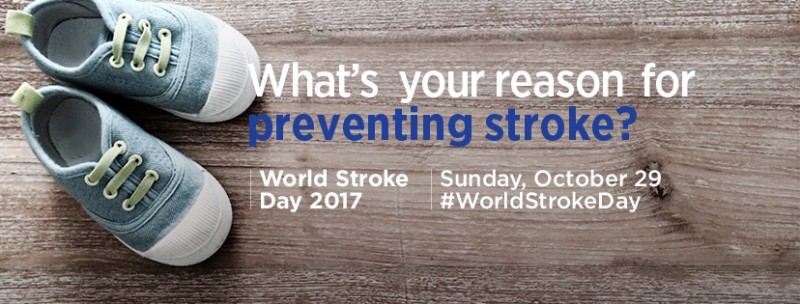
Oct 29, 2017
“WHAT IS YOUR REASON TO PREVENT STROKE?”
“One day we will be able to talk about a stroke and what it used to be and how we had a hand in stopping them.” – Brady Johnson, stroke survivor
Brussels, October 29, 2017: Good news is that stroke is preventable, with ten modifiable risk factors accounting for around 90% of the risk of stroke. Bad news is that we still largely fail to prevent it. On this World Stroke Day, we call upon Governments and health care system decision makers to implement population wide prevention strategies that address the biggest contributors to stroke- said Jon Barrick, SAFE President, adding that healthcare, researchers, stroke survivors and support organisations should all work together on developing and delivering effective national, regional and global stroke prevention strategies and campaigns. (more…)

Oct 27, 2017
Blood-thinning drugs not only reduce the risk of stroke in patients with atrial fibrillation (AF) but are also associated with a significant reduction in the risk of dementia, according to new research published in the European Heart Journal.
Among 444,106 patients with atrial fibrillation (an abnormal heart rhythm), those who were taking anticoagulant drugs to prevent blood clots at the start of the study had a 29% lower risk of developing dementia than patients who were not on anticoagulant treatment. When the researchers looked at what happened during the period of time that the patients continued to take the drugs, they found an even bigger, 48% reduction in the risk of dementia. (more…)

Oct 26, 2017
The average lifespan of African Americans is significantly shorter than white Americans, mostly because of heart disease and stroke, which contributed to more than two million years of life lost among African Americans between 1999 and 2010, according to a new scientific statement published in the American Heart Association’s journal Circulation. (more…)











